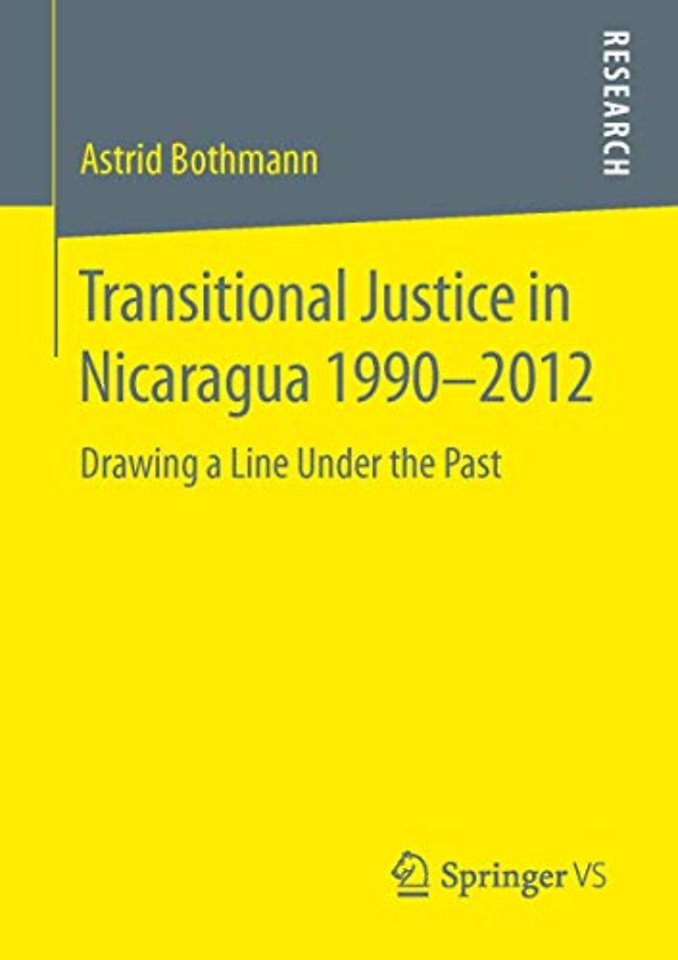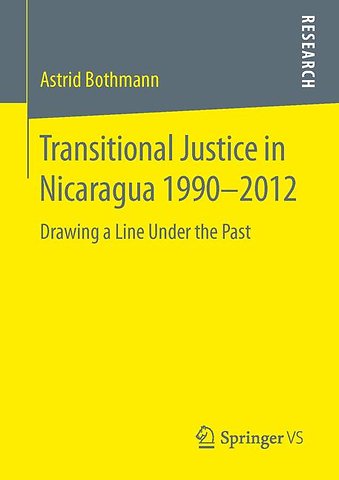Transitional Justice in Nicaragua 1990–2012
Drawing a Line Under the Past
Samenvatting
Astrid Bothmann examines historical, political and socioeconomic factors that explain the absence of transitional justice in Nicaragua from 1990 to 2012. The author provides the first systematic analysis of the reasons for the lack of transitional justice in Nicaragua after the end of the Sandinista regime and the civil war (1990). Contrary to other Latin American states of the third wave of democratization, which put the perpetrators of past crimes on trial, established truth commissions, purged political and military officials, and made reparations to the victims, Nicaragua’s first post-war government opted for a policy of national reconciliation that was based on amnesty and oblivion. Subsequent governments followed this course so that the past has not been dealt with until today.
Specificaties
Inhoudsopgave
Anderen die dit kochten, kochten ook
Net verschenen
Rubrieken
- aanbestedingsrecht
- aansprakelijkheids- en verzekeringsrecht
- accountancy
- algemeen juridisch
- arbeidsrecht
- bank- en effectenrecht
- bestuursrecht
- bouwrecht
- burgerlijk recht en procesrecht
- europees-internationaal recht
- fiscaal recht
- gezondheidsrecht
- insolventierecht
- intellectuele eigendom en ict-recht
- management
- mens en maatschappij
- milieu- en omgevingsrecht
- notarieel recht
- ondernemingsrecht
- pensioenrecht
- personen- en familierecht
- sociale zekerheidsrecht
- staatsrecht
- strafrecht en criminologie
- vastgoed- en huurrecht
- vreemdelingenrecht







